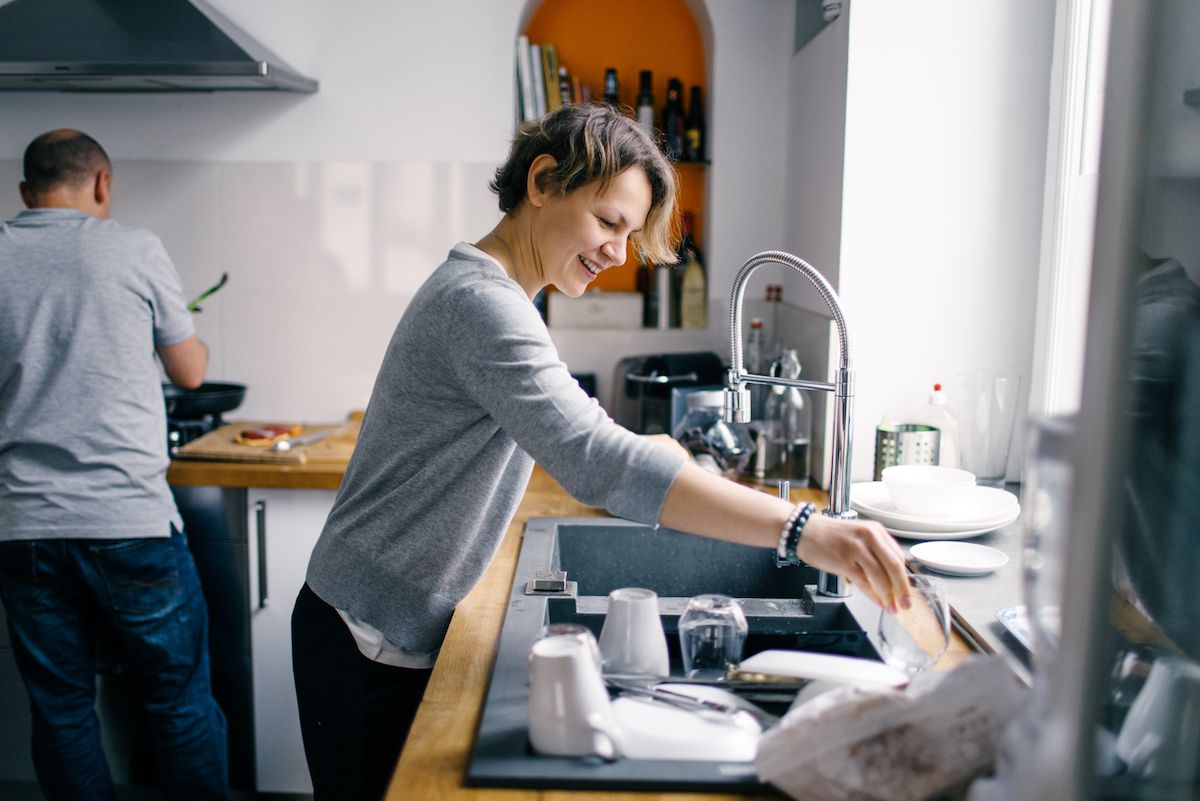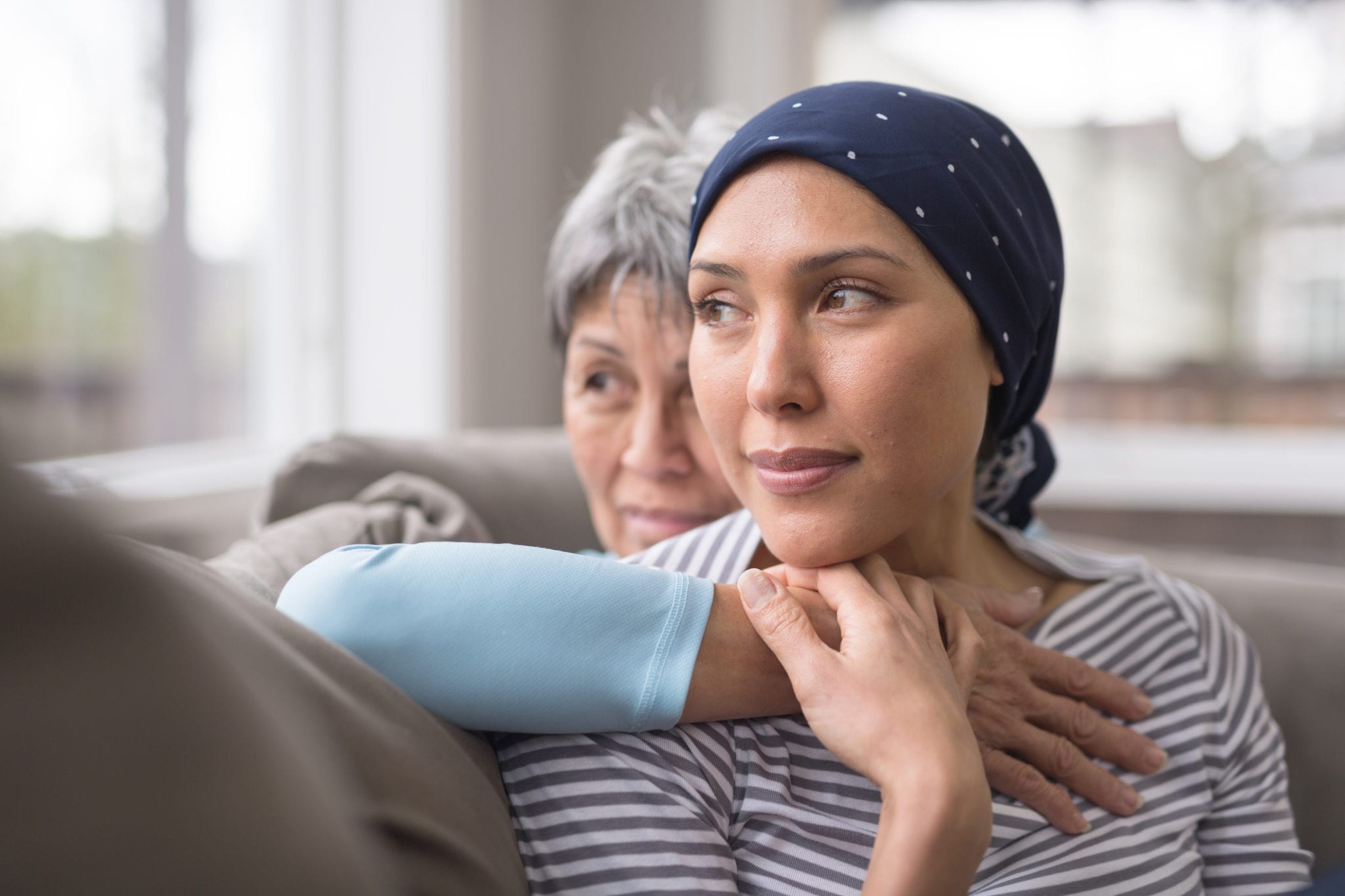A cancer diagnosis can be overwhelming — not only for the person diagnosed but also for their friends and family.
While you may feel helpless in the face of such a serious illness, there are many practical ways to support your loved one during their treatment.
From offering emotional support to helping with day-to-day tasks, your help can significantly improve the quality of life for someone battling cancer. Here are a few ideas to get started:
1. Provide Transportation to Appointments

Offering rides to medical appointments is one of the most practical and impactful ways to assist a friend or loved one battling cancer. Cancer treatments often involve frequent hospital visits for chemotherapy, radiation, or check-ups, which can be physically and emotionally draining.
On top of that, many patients may feel too fatigued or unwell to drive themselves, especially after treatments. And some medications can impair driving ability. Offering to drive, helps guarantee they get to their appointments safely and on time
Being a transportation buddy offers more than just a ride though. It provides companionship during what can be anxiety-inducing trips to the hospital. Your presence can offer emotional support, distraction, and a sense of normalcy.
You can help by keeping track of appointments, assisting with any paperwork or check-in procedures, and even taking notes during consultations if the patient wants.
After treatments, having a ride home allows the patient to rest and recover without worrying about navigating traffic or public transportation.
To easily coordinate rides, create a shared calendar with other friends or family members. Dividing up the responsibility ensures there’s always someone available to cover an appointment. It also prevents the job from falling on one person. Be flexible with your schedule when possible, as appointment times may change.
Remember to make the car ride comfortable too. You might want to bring water, snacks, or blankets. Most importantly, respect the patient’s wishes regarding conversation or silence during the trip. Be there to help them relax.
2. Help With Meals and Nutrition

After radiation treatments, patients are often too tired to cook for themselves or their families. Even the walk from the kitchen table to the refrigerator can be too much. This is where you can step in. You could organize a meal train so lots of friends and family can pitch in to provide meals.
Or you could pick up the patient’s groceries and meal prep a few options. There are a lot of ways you can help ensure your loved one is getting the nutrition they need to recover.
If you’re not much of a cook yourself, you can create a “chemo care package.” This could include healthy snacks and beverages. Take inspiration from popular get well gift baskets. You could include soup, cookies, or bread. When choosing snacks and meals for someone undergoing cancer treatment, prioritize foods that are easy to digest and high in protein, vitamins, and minerals.
While hospital food isn’t always the tastiest, think about the foods that come on those trays. Soft foods like yogurt, smoothies, mashed potatoes, and oatmeal can be particularly soothing and nutritious. Not everyone likes Jello, but it is hydrating and packs an impressive amount of protein. Some sources say it promotes skin, joint, hair, nail, and gut health. Wow!
3. Take on Some Household Chores

Cooking and cleaning often go hand in hand because they’re both neverending. Dishes, laundry, dusting, scrubbing, sweeping, mopping, vacuuming…the list goes on and on. And the chores don’t stop just because someone is sick.
Taking on household chores for someone undergoing cancer treatment can make a significant difference in their recovery and well-being. Cancer can leave patients extremely fatigued, making it difficult for them to keep up with these daily tasks.
By stepping in to handle chores, you allow them to conserve their energy for healing and resting. As a bonus, a clean and organized home can reduce stress and provide a more comfortable space for recovery.
That said, you have chores of your own too, and you might not be able to clean another home every week, especially if you work full-time. You could help out every once in a while, but also organize a rotating schedule of helpers.
Reach out to friends, family, and neighbors who are willing to lend a hand, and create a calendar where each person is assigned specific tasks and days to help out. This way, the workload is evenly distributed, and the patient consistently receives the support they need without any one person becoming overwhelmed.
4. Let Them Rest

While you’re trying to help, make sure you aren’t overstepping or making the person you’re supporting exert too much energy. Asking someone how you can help is a kind gesture, but it also creates some demand to delegate tasks and ask for help, which could be too much for someone battling cancer. Rest is a crucial part of the recovery process, so encourage your loved one to prioritize rest and avoid overexertion.
Create a peaceful and comfortable environment where they can relax without interruption. This might mean helping to set up a cozy resting area with soft blankets, pillows, and anything else that brings comfort, such as favorite books or music. Respect their need for sleep and downtime, and ensure that household noise is kept to a minimum.
If they have children, consider organizing playdates or arranging for babysitters to give them some quiet time. Understand that their energy levels will vary from day to day, and be patient with any changes in their mood or physical capabilities. If your friend is in the hospital or at home recovering from surgery, you probably want to call to check in, but often, the person with cancer could be too tired to talk on the phone.
In this scenario, it would be better to write to them. Cards, letters, and emails are a great way to stay connected because they can review them when they feel up to it. As a bonus, they are often reread with a warm smile when the patient needs some encouragement.
Lend a Helping Hand
By taking on these supportive roles, you not only help alleviate some of the physical burdens but also provide emotional comfort and companionship. Every act of kindness, no matter how small, can make a substantial impact on their journey through cancer treatment.





